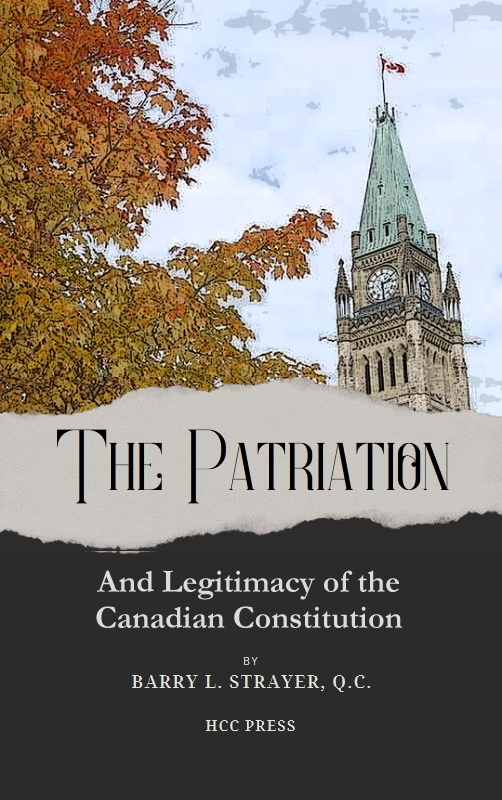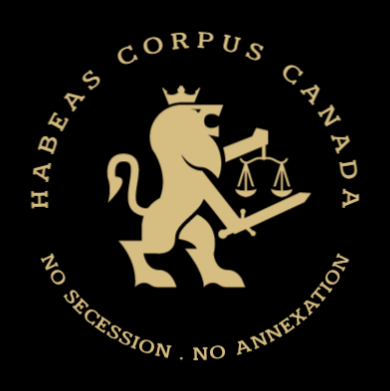The Federal Government
First, the Federal Cabinet. I do not recall anyone suggesting that the approval of the Federal Cabinet alone should be a sufficient basis for requesting constitutional amendments. I think it is difficult to imagine the provinces, the press, or the public, accepting that the national will for constitutional amendments should be expressed solely by the Federal Cabinet, or that its approval would even be a sufficient expression of consent on behalf of the federal order of government. Certainly, it is hard to imagine Parliament accepting that position. As I pointed out in my first lecture, it was firmly established back in the nineteenth century that constitutional amendments should not be requested from London by the Federal Cabinet alone but must have the approval of both Houses of Parliament.
However, there was a further theme running through some of the commentary on the so-called unilateral process. The theme was that Parliament was simply the tool of the federal executive and, by implication, it appeared that Parliament’s views on constitutional amendment could not be considered as the expression of the national will but only of the views of the executive government.
Parliament
What, then, about the role of Parliament? It was explicit from the outset of the process for patriation commenced in October, 1980 that Parliament would have to approve whatever package was submitted to London. Not only would it be asked to approve the package, but also it would be asked to examine and debate it at great length, and this, of course, was done.
There were those who thought that Parliament could infuse the new constitution with legitimacy. The Vancouver Sun, for example, in an editorial shortly after publication of the proposals, referred to the provincial objectors as regional voices “clamouring to be heard above the only voice with the constitutional right and duty to speak for all Canadians”.11 A writer for the Thompson News Service found disturbing the idea that Parliament was only the tool of the executive. He expressed an abiding belief that if the resolution was examined carefully by the Joint Committee and passed by both Houses, it was “not going to be against the best interests of the country”.12
11. “Friends of the court”,Vancouver Sun, editorial, Oct. 16, 1980.
12. “Parliament Trudeau Tool”. Charlottetown Guardian, Oct. 8, 1980. p. 4.

